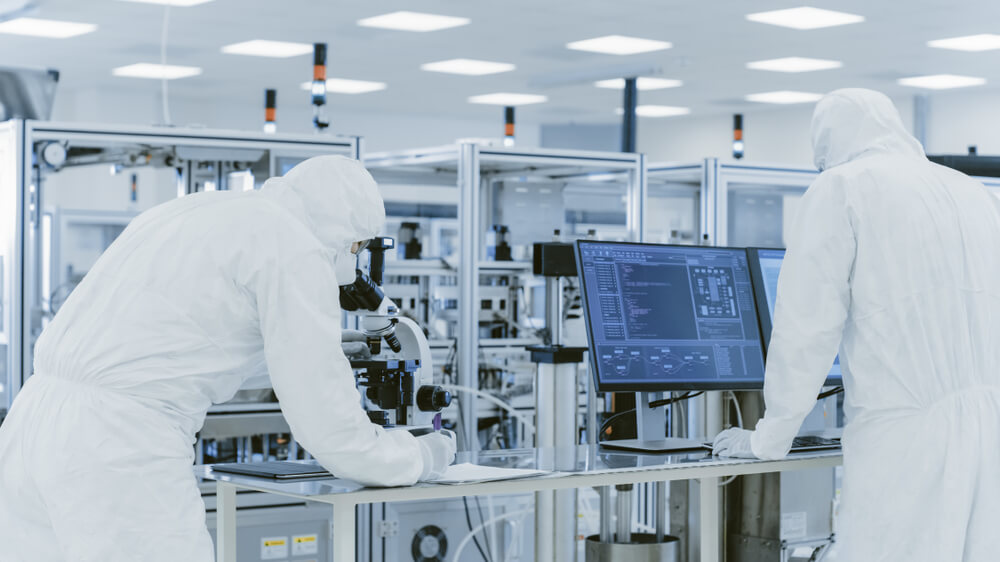What is the next big thing in Pharma?
The pharmaceutical industry has always relied on innovative technologies to
help deliver a safe and reliable service to its patients. With the recent
pandemic, it’s been crucial for pharmaceutical companies to produce results
faster and more effectively than ever before.
As a result, pharma companies are constantly looking for new ways to develop and accelerate their processes, and according to studies, 28 percent of companies plan on using artificial intelligence (AI) and big data technologies to optimise their drug processes in the next two years.
The recent surge in employing AI capabilities in the pharmaceutical industry shows no sign of slowing down. AI is the next big thing in pharma and we’ve detailed the ways that it will transform the industry for the better.
AI in drug discovery
Drug discovery is the process of discovering new medicines that have the potential to cure new diseases or treat existing ailments more effectively. In the last few years, AI has revolutionised how medical scientists develop new drugs.
Some pharmaceutical companies now rely heavily on automated algorithms to carry out tasks in drug discovery and development that once utilised the power of human intelligence. This can include using deep learning to : make new breakthroughs, reduce costs of manufacturing, and work out what causes adverse reactions to existing drugs.
AI in clinical trials
One of the latest trends with life sciences companies across the world has been the ability to attain increasing amounts of medical data from a range of sources, known collectively as real-world data (RWD). However, one issue that they have often come across is the lack of skills and technology available to allow them to utilise this data effectively.
AI-powered technology could potentially affect each stage of the clinical trials process, from finding a trial to medication adherence. Matching the right trial with the right patient is a difficult and lengthy process for clinical study teams.
However, pharma companies have now started to use artificial intelligence to extract and analyse information from a patient’s health record, compare it with the criteria for existing trials, and recommend matching studies. With 49% of clinical trials disrupted due to slow enrolment, AI can go a long way towards accelerating this process and improving the efficiency of trials worldwide.
AI in pharma commercial marketing
Smarter and more effective marketing techniques is what all pharma companies desire, and AI has the power to provide just that. Patient experiences, advertising stats, and healthcare personnel data can be collated and analysed with AI to offer a more accurate and effective marketing message.
As pharmaceutical marketing made the transition from face-to-face communications to digital marketing throughout the Covid-19 pandemic, hoards of data were acquired and are now ready to be analysed and implemented to improve proceedings.
Now, pharma marketers have the ability to utilise analytics powered by AI to streamline marketing campaigns and attract greater interest from their target market. With digital advertising spending in the healthcare industry forecasted to grow to $11.25 billion this year , pharma brands are embracing a digital era that utilises the power of AI to gain a better understanding of their audience.
Take control of your life sciences career
Are you looking to take the next step in your life sciences career? Well at Quanta, we put candidate care first, meaning that we take the time to find out what you’re looking for in your next role.
Life sciences is a global market and there are career opportunities around every corner. So, whether you’re looking for your next job in Europe, Asia or North America, we have plenty of fantastic roles for you to choose from. Explore our life sciences jobs and find out where your next career move could take you.





.png?v=ef657cde43ba24ed87f5c9cd2335343e)
.png?v=9e806bf3adf73e8c54ae39397e40f59f)
.png?v=f4415dae74d7fb166af53f9c3a40a76a)